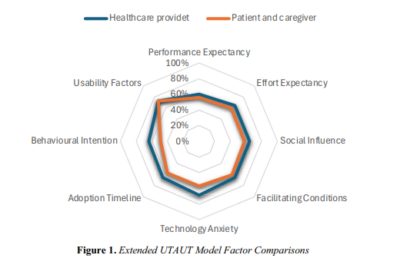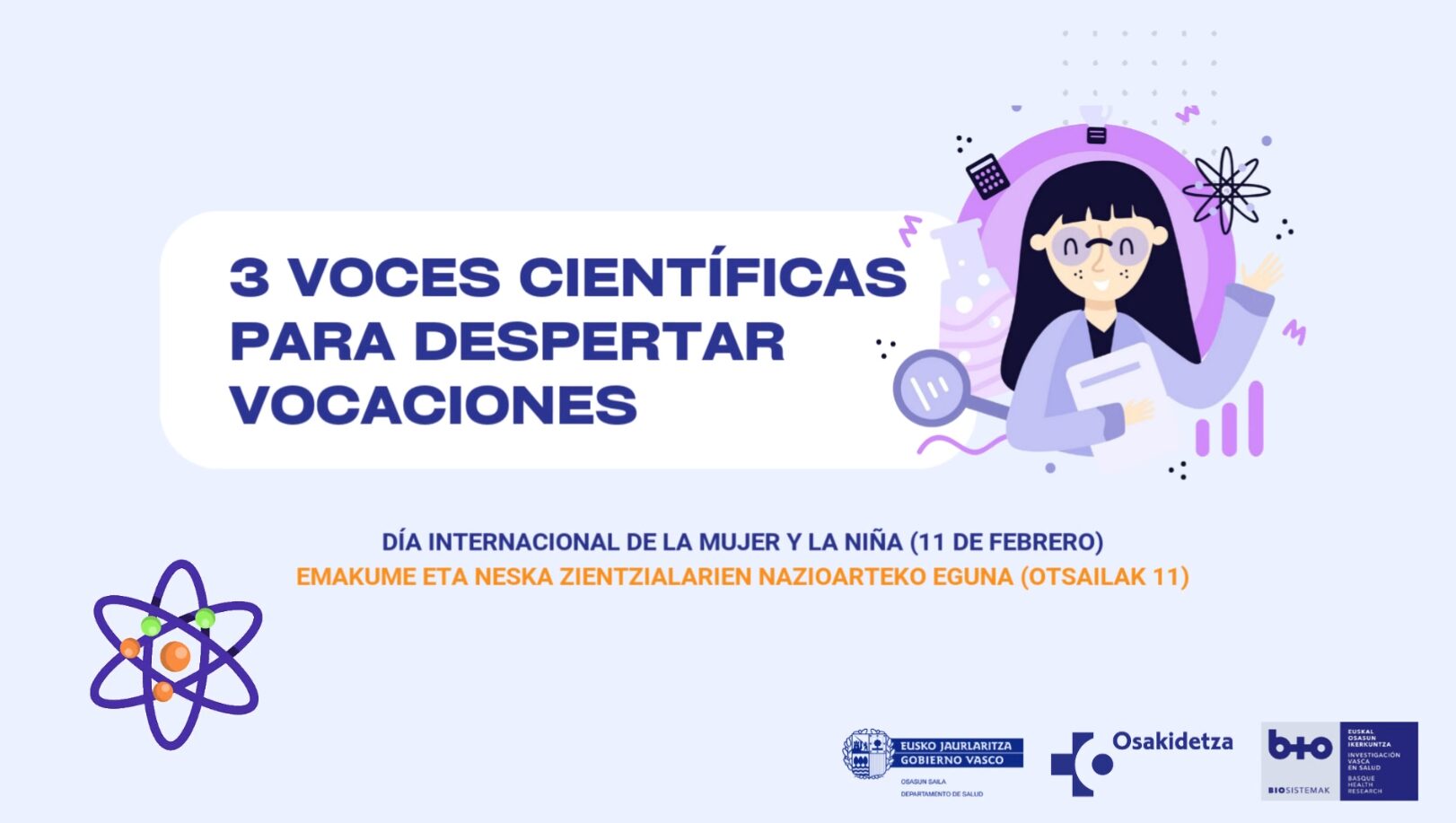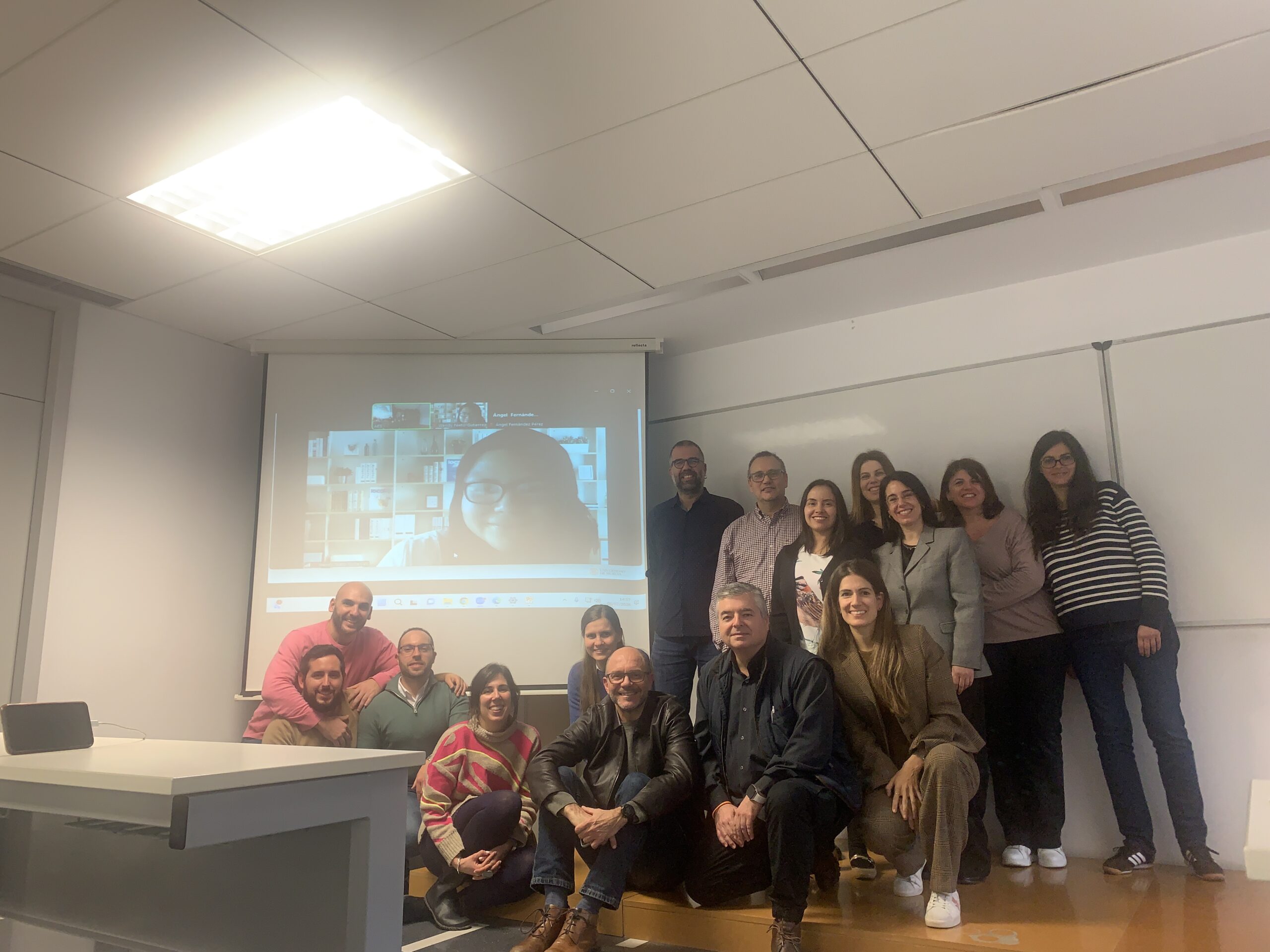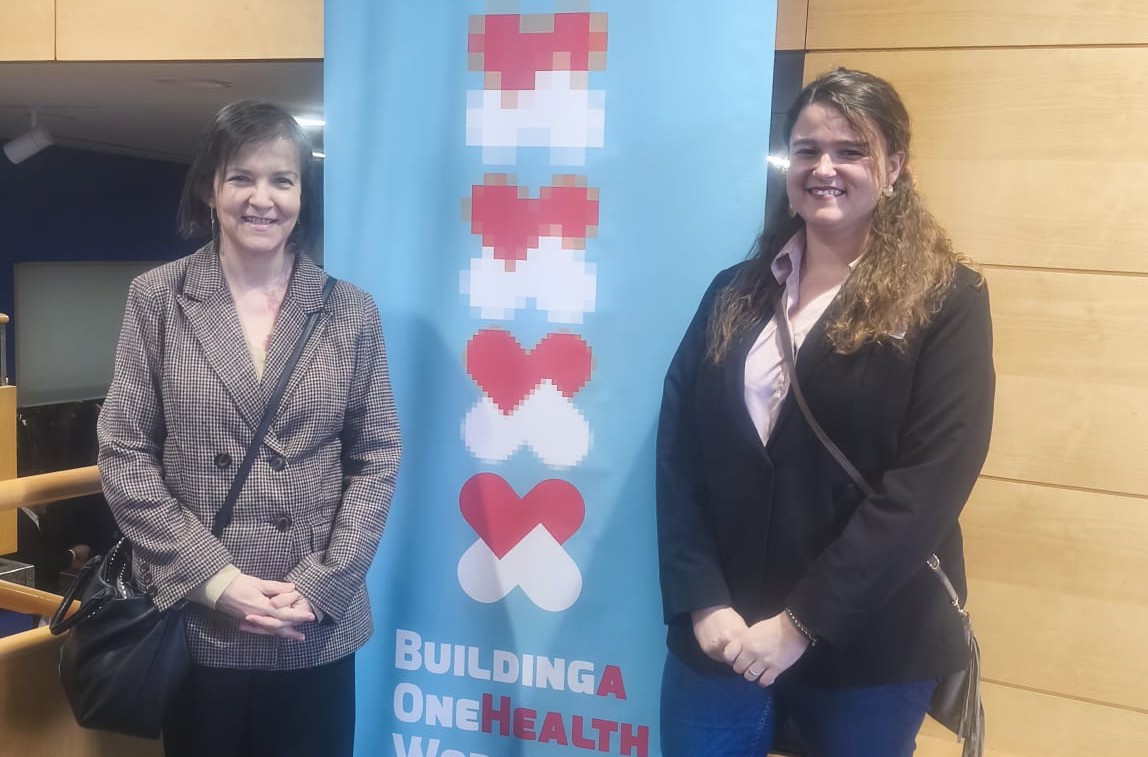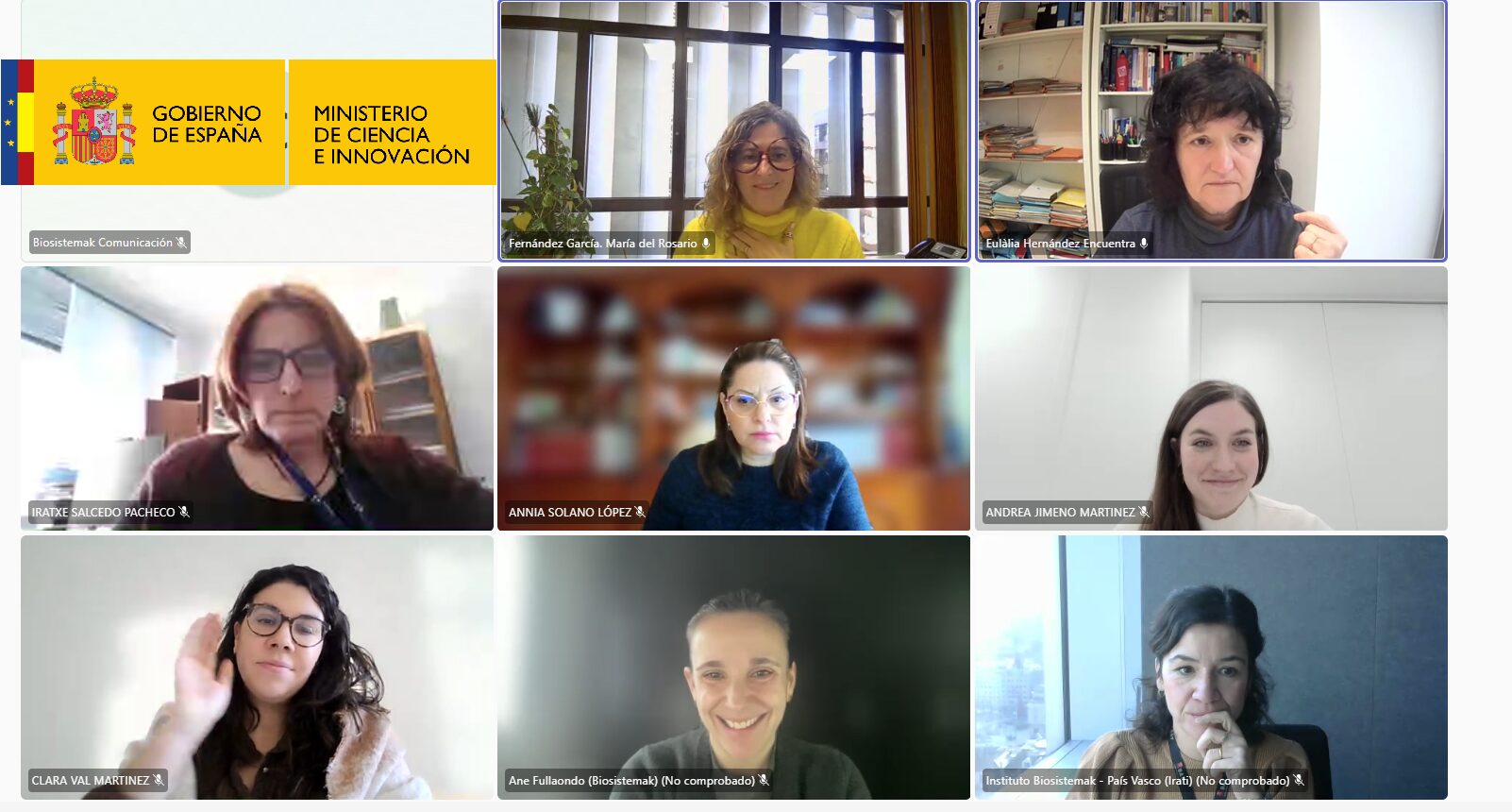Scientific article published on the acceptance of digital platforms to improve patients’ quality of life
The study is part of the European ADLIFE project and collects data from 92 participants in two European countries.
Researcher Juan de la Torre Pardos and the principal investigator of the Digital Health group at Biosistemak, Dolores Verdoy, together with an international team led by the University of Birmingham, have published a study analysing how patients, carers and healthcare professionals accept and use digital platforms for personalised healthcare management and planning. The work is part of the European ADLIFE project and collects data from 92 participants in Denmark and Israel.
The article, entitled ‘Patients vs. Healthcare Providers: A Comparative Analysis of Technology Acceptance Using the UTAUT Model’, has been published in the international series Studies in Health Technology and Informatics (HTI) by IOS Press, a leading collection on health technology and informatics.
What does the study consist of?
The main objective was to compare the acceptance and use of two types of digital platforms:
- Patient empowerment platforms (PEPs)
- Personalised care plan management platforms (PCPMPs)
To this end, the UTAUT model, widely recognised for analysing the acceptance of new technologies, was used, and data was collected through surveys of 73 patients/caregivers and 19 healthcare professionals in three different cultural and linguistic contexts (Danish, Hebrew and Russian).
The graph shows the overall results for the three cultural contexts.
Main findings
- Differences between groups: Healthcare professionals showed greater confidence in the positive impact of these platforms, but also expressed more anxiety about using new technologies. Patients, most of whom were over 65, found the platforms more difficult to use and requested simpler interfaces.
- Training and support: Professionals highlighted the need for more training and technical support, while patients rated the support they received positively.
- Cultural influence: The study found that cultural and organisational differences influence the adoption of these technologies.
The study highlights the importance of adapting digital platforms to the needs of each user group. For greater adoption and effectiveness, it is essential that professionals have integrated systems and technical support, while patients require more accessible and user-friendly tools.
This article provides valuable information for the development of more inclusive and effective digital solutions in the field of healthcare.
The graph shows the overall results for the three cultural contexts.
About the ADLIFE project
The study is part of the European ADLIFE project (Integrated personalised care for patients with advanced chronic diseases to improve health and quality of life), coordinated by Biosistemak between 2020 and 2024 and funded by the Horizon 2020 programme.
ADLIFE aims to provide personalised and coordinated care to patients with advanced chronic diseases through individualised care plans that improve early detection of deterioration, promote recovery and empower patients and carers.
The intervention has been rolled out in six European regions, including the Basque Country, where Biosistemak has led the overall coordination, evaluation of the pilots and analysis of results.
Reference:
Pournik O, Mukherjee T, Panchal S, Abbasi SF, De la Torre Pardos J, Verdoy Berastegi D, et al. Patients vs. Healthcare Providers: A Comparative Analysis of Technology Acceptance Using the UTAUT Model. Studies in Health Technology and Informatics. IOS Press, 2025.
Download the article here.


